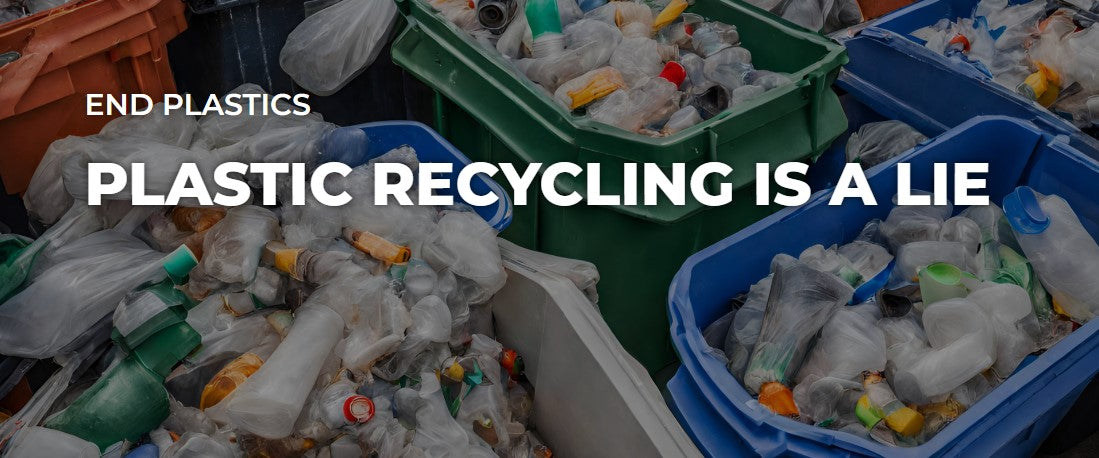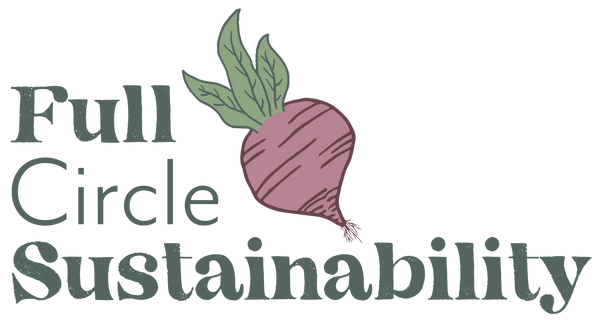
The Fraud of Plastic Recycling
Plastic is not really recyclable. Not in the way you’ve been told it is. Not in the way that glass or paper or aluminum are.
Plastic recycling is not easy, not economical, not feasible at a large scale. It never has been, and it likely never will be. The plastics and petrochemical industries have always known that, but they sold the public on recycling because it allowed them to keep selling plastic, quieted the early calls for regulation and bans on single-use plastics, and shifted the responsibility of disposal to consumers and municipal governments.
Those are some big claims, I know. But the evidence comes from the companies themselves.
I’ve spent the last few days reading—and talking incessantly about—a report called The Fraud of Plastic Recycling, published by the Center for Climate Integrity. It’s a good way to get worked up about the plastic problem, if simply living in the world today isn’t enough to do that to you.
The takeaways are fairly straightforward. The plastics industry convinced us that recycling was the solution to plastic waste through a number of intentional and targeted strategies, including public relations campaigns, educational materials for schools, investments in recycling research meant to make it look like they were taking action, and commitment to plastic recycling targets that they never achieved. The report makes that argument by citing internal documents and external communication from many big players in the world of plastics.
On top of convincing us that recycling was a viable solution, the industry also sold us on the idea that plastic was disposable in the first place. In the early days of plastic, one of its selling points was its durability. A population, fresh out of the Depression and accustomed to saving anything with value, saw plastic as too good to throw away. So plastic producers had to change tack and teach consumers that their product was actually less valuable than they thought. Over the next several decades, we went from Tupperware—backed by a lifetime guarantee—to takeout containers that are meant to be tossed in the trash after one use.
Cue the slow tear.
In saying that plastic recycling is a fraud, I’m not saying plastic never gets recycled, but I am saying the percentage is low: around 5% in the U.S. and 9% globally. If you’re putting your plastic bottles and jugs in the recycling bin, there’s a good chance those are being recycled. And we believe that the plastic we send to TerraCycle is recycled as well. But that’s because we pay for it to be. Otherwise, most plastic recycling is not economically viable.
Materials must be sorted into categories even more specific than the numbers on the bottom of the containers. (#1 plastic bottles cannot be recycled with #1 plastic clamshells. That’s why Shawnee County does not accept clamshells in its recycling bins.) And the plastic that’s produced through recycling is both lower quality and more expensive than virgin resin. Furthermore, plastic cannot be recycled repeatedly, as those chasing arrows would lead you to believe. Plastic can typically only be recycled once, or maybe twice, before the chemical components break down too much to use again. Contrast that with aluminum, which can be recycled almost indefinitely.
All of this makes for a pretty sad state of affairs for anyone other than a plastic producer. But don't give up hope yet. The information is getting out, with major news sources covering this topic in the last few years. And while knowing about it does not make it any easier to avoid plastic, the more people who realize that recycling will never be a good solution to plastic waste, the louder the cries will become for our systems to undergo a fundamental change.
So, please, talk to others about this topic! Take as much action as you can to avoid plastics—particularly single-use plastics. And don’t rely on recycling as a substitute for reusing, reducing, and refusing whenever you can.
-Justine
Sources and Additional Reading:
NPR - How Big Oil Misled the Public Into Believing Plastic Would Be Recycled (2020)
The Hill - Why Most Plastic Isn't Getting Recycled (2022)
Greenpeace - Plastic Recycling Is a Dead-End Street (2022)
EarthDay.org - Plastic Recycling Is a Lie (2023)
Image Credit: EarthDay.org



